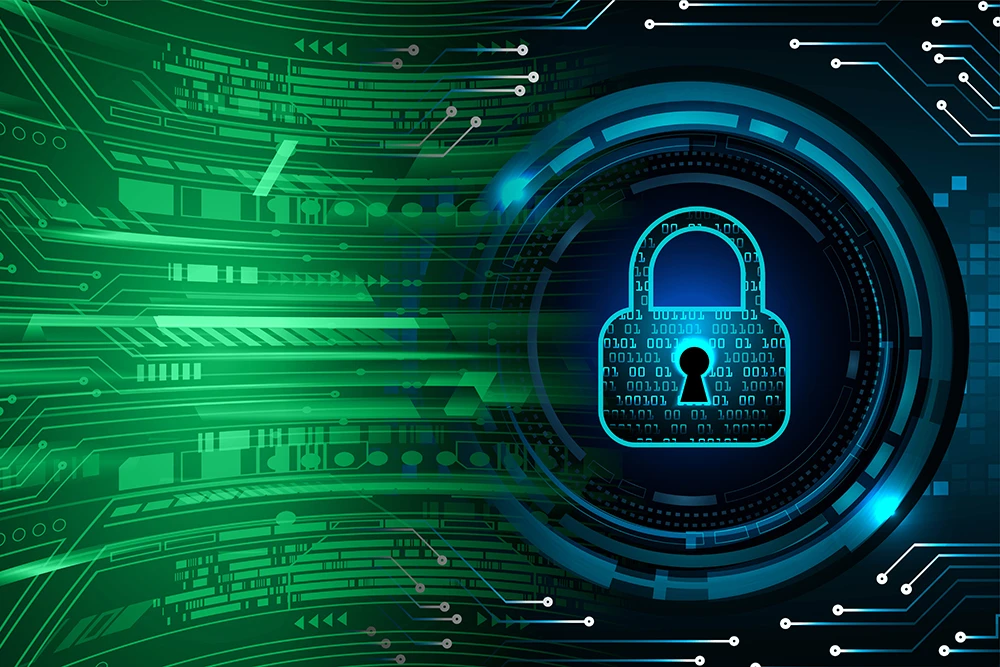Proxy vs VPN: A Direct Comparison
When it comes to online privacy and security, two popular tools often come up: proxies and VPNs. Both serve the purpose of masking your IP address, but they do so in different ways and offer varying levels of protection and performance. Here’s a straightforward comparison to help you decide which one suits your needs.
What is a Proxy?
A proxy server acts as an intermediary between your device and the internet. When you connect to a proxy, your internet traffic is routed through the proxy server, which changes your IP address to its own. This can help you access geo-restricted content and browse anonymously to a certain extent.
Types of Proxies:
- HTTP Proxies: Good for web browsing and accessing websites.
- SOCKS Proxies: More versatile, supports various types of traffic, including email and FTP.
- Transparent Proxies: Doesn’t hide your IP address, often used for content filtering and caching.
Pros of Proxies:
- Simple to set up.
- It can be faster than VPNs since they don’t encrypt traffic.
- Useful for bypassing simple content restrictions.
Cons of Proxies:
- There is no encryption, so your data is not secure.
- It can be detected and blocked by websites.
- Generally less reliable and slower than VPNs in the long term.
What is a VPN?
A Virtual Private Network (VPN) provides a secure tunnel between your device and the internet. It encrypts all your internet traffic, masking your IP address and making it virtually impossible for anyone to intercept or decipher your data.
How VPNs Work:
- Encrypts all your traffic.
- Routes it through a remote server.
- Masks your IP address with the server’s IP.
Pros of VPNs:
- High level of security and privacy due to encryption.
- Excellent for accessing geo-restricted content.
- Prevents ISP tracking and surveillance.
Cons of VPNs:
- Can slow down your internet connection due to encryption overhead.
- Typically more expensive than proxies.
- Requires installing specific software.
Proxy vs VPN: Which Should You Choose?
Use a Proxy If:
- You need to bypass simple geo-restrictions or IP blocks.
- Speed is more important than security.
- You don’t need to encrypt your traffic.
Use a VPN If:
- You want to secure your internet connection and protect your privacy.
- You need to access geo-restricted content from streaming services.
- You are concerned about surveillance and tracking.
Both proxies and VPNs have their uses, but they cater to different needs. If you require basic IP masking with minimal setup, a proxy might be sufficient. However, if you value your privacy and want robust security, investing in a VPN is the better choice. Choose wisely based on your specific requirements and threat model.


